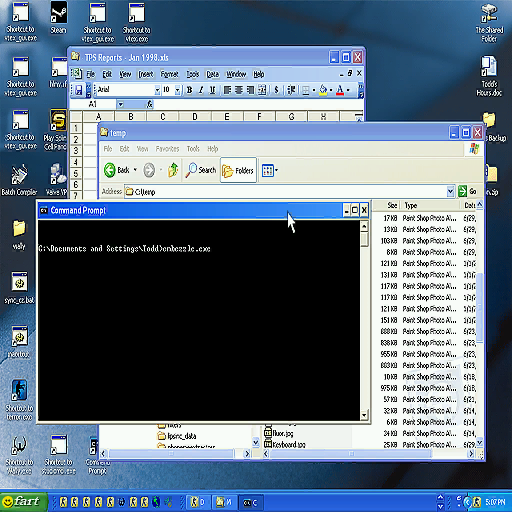Protocols that acknowledge succesful and failed receipt of packets are considered reliable. Although a connection-oriented protocol will often be reliable, it's not the connection orientation that offers the reliability; rather it's the acknowledgements, error detection, and error correction mechanisms in place. A fast protocol with low overhead is a "connectionless" protocol like UDP, TCP/IP IPX/SPX are examples of reliable protocols.
I was born 4 burning.
I was born 4rm the galvanized dome.
// 3DT FOREVER ...
Try the new 3DT Mobile system

Posted at 2021/12/03, 13:15:21
Post ID: 5569
Protocols that acknowledge succesful and failed receipt of packets are considered reliable. Although a connection-oriented protocol will often be reliable, it's not the connection orientation that offers the reliability; rather it's the acknowledgements, error detection, and error correction mechanisms in place. A fast protocol with low overhead is a "connectionless" protocol like UDP, TCP/IP IPX/SPX are examples of reliable protocols.
Connectionless and without packet acknowledgement will always be faster than those with those features, but at the cost of lost packets. A lot of things that need good speed and latency use UDP because it has no packet acknowledgement, meaning failed packets won't hold up new packets, and the latency is better. Speed is also better as well.
Posted at 2021/12/03, 13:30:33
Post ID: 5569:5571
Connectionless and without packet acknowledgement will always be faster than those with those features, but at the cost of lost packets. A lot of things that need good speed and latency use UDP because it has no packet acknowledgement, meaning failed packets won't hold up new packets, and the latency is better. Speed is also better as well.




